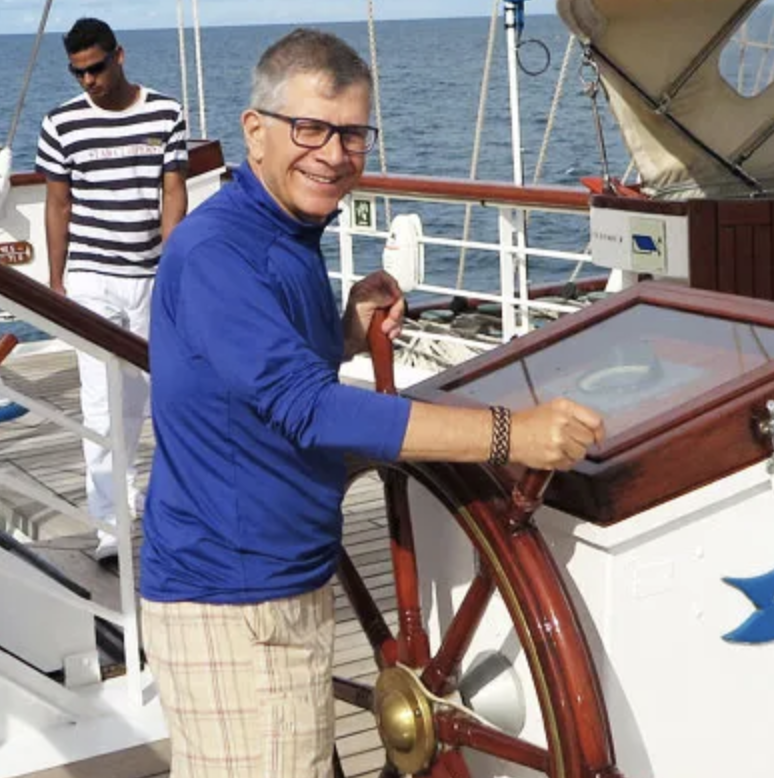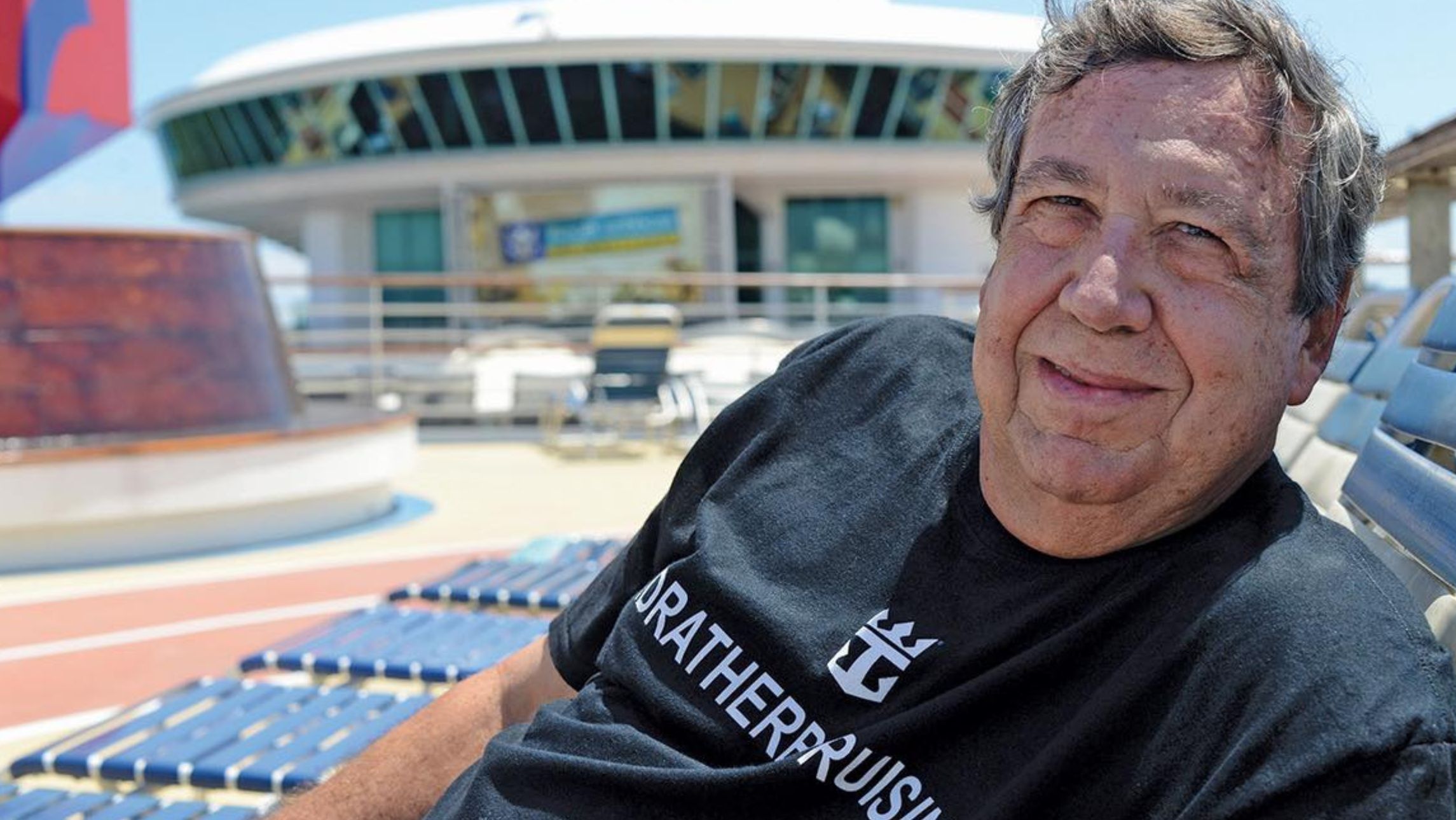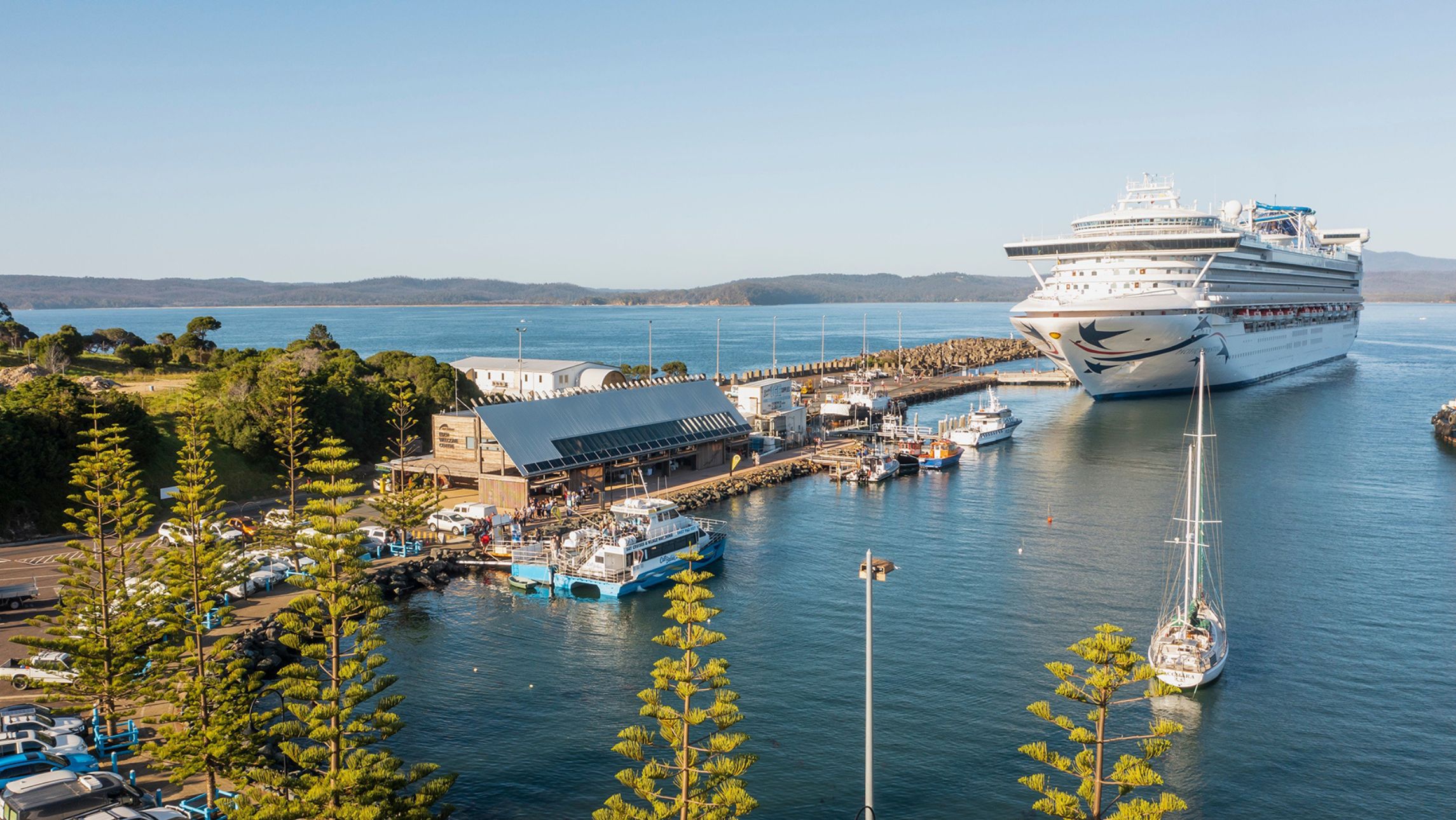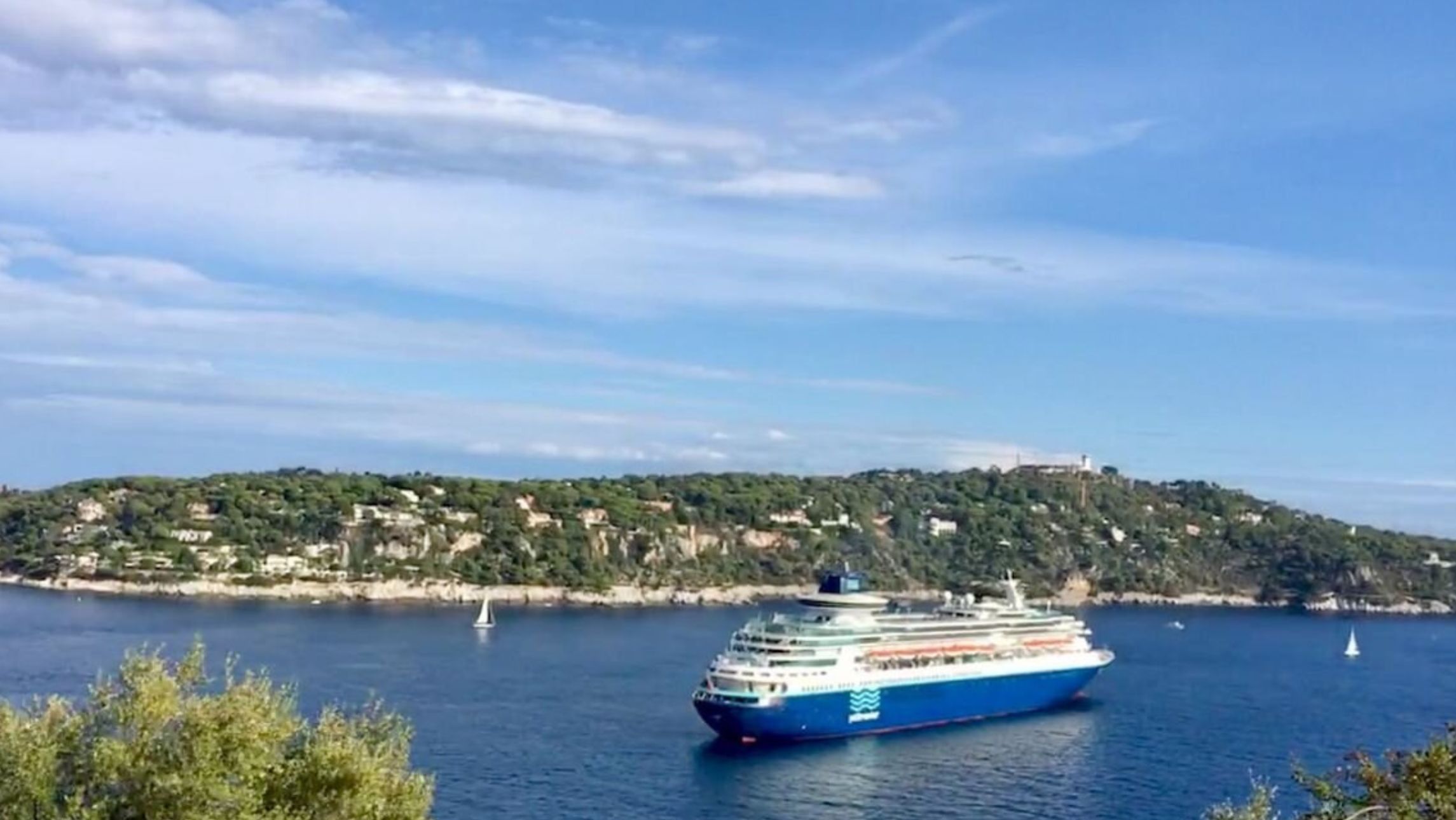Travellers face a revolution as the world’s favourite destinations struggle with overtourism and climate.
From Amsterdam to Venice and from the Galapagos to Greenland there is a lot of talk about traveller numbers these days. But a new epithet is set to replace “overtourism.”
It’s not just the latest piece of woke tokenism. There is an underlying logic to changing the description to “unbalanced”. And it is likely to see your travels change radically in the coming decade or so.
Overtourism implies that there are just too many of us travelling. And while it is true that numbers are increasing, the problems arise not because of that. It’s because we all want to go to the same places at the same time.
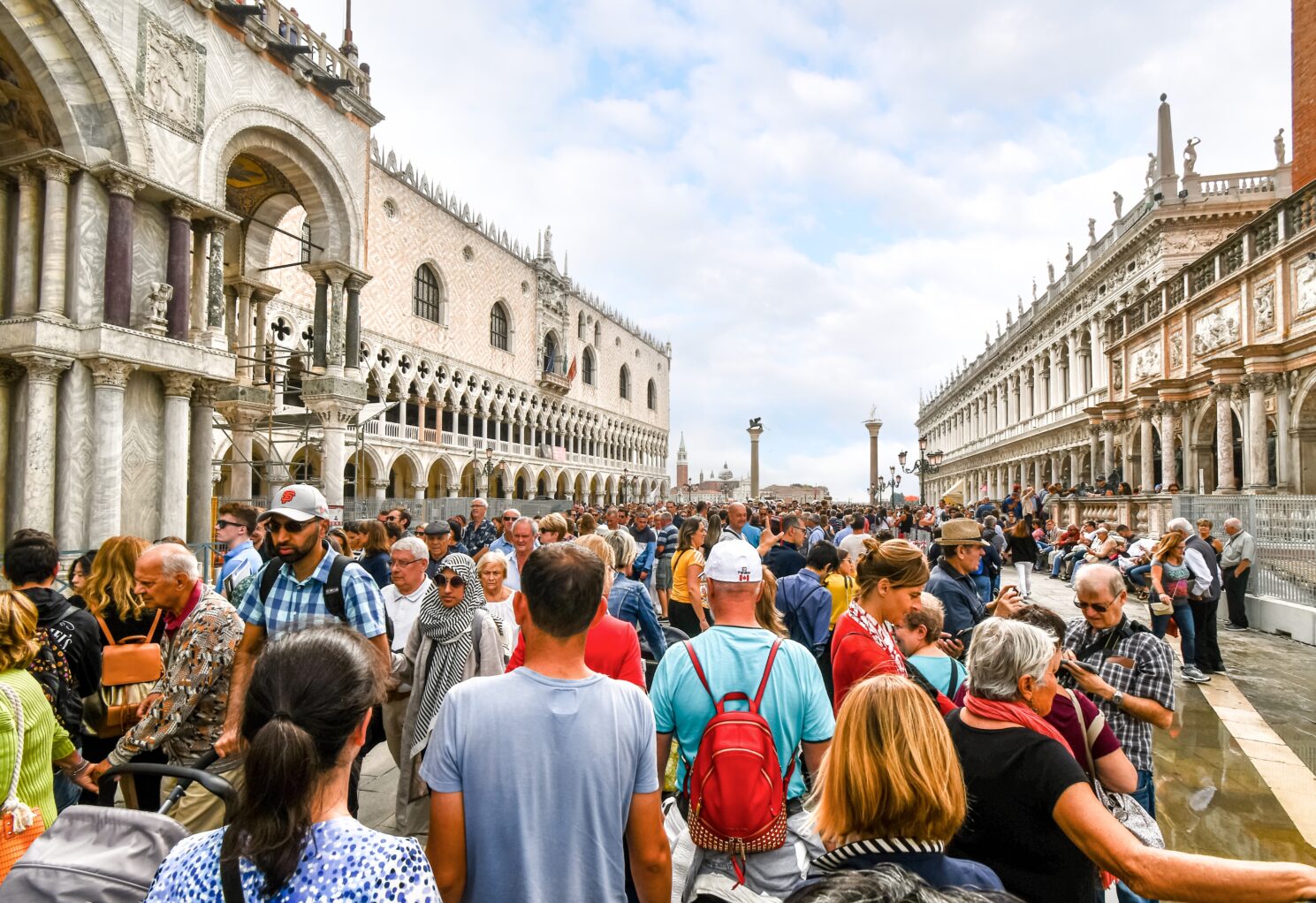
You could blame another overused phrase for that. We’re not keen on bucket lists here at Cruise&Travel magazine. We think the art of discovery is experiencing something fresh and different, whether it’s food, a special place or local people and their culture.
But it is true that when the peoples of our planet compare their personal bucket lists, there is a surprising amount that is in common: Antarctica; Africa’s Big Five; Europe’s historic cities, like Rome and Barcelona; and Asia’s icons, like Angkor Wat.
How are cities combating the crowds?
The result has been a rather startling amount of local legislation that makes being a tourist almost akin to being a criminal. In Rome, for instance, you can be fined €400 (about $680) for simply sitting on the Spanish Steps. An American was fined €450 (about $760) for interfering with the “environmental decorum” of the Fontana dei Catecumeni by eating a sandwich.
Cruise ships have long been a target. Larger vessels certainly stand out from the crowd, as do the number of passengers setting out on shore excursions.
Amsterdam recently sparked global headlines when city councillors called for the closure of Holland’s 13-year-old cruise centre close to the city (don’t worry – it’s not closing any time soon, but the debate was certainly heated).
The cruise industry counters with an interesting argument – and one that certainly plays to the “balanced” debate. While no one can predict with accuracy how many tourists will arrive by bus, train or plane, at least with cruise ships you are forewarned, sometimes years in advance. And can prepare for the arrival of a predictable number of passengers.
Planning and getting the “balance” right is a better way of dealing with the travel phenomena than fines and blockades. Amsterdam, for instance, is slashing in half the number of flights landing at Schiphol Airport. And the Dutch city is full of signs telling tourist not to sit, stand or queue, and to keep the noise down. Barcelona will be banning ships from entering into the city’s main terminal from 2025 citing overtourism.
No traveller wants to turn up in a city or town where they are made to feel unwanted.
How we are changing
One obvious idea is making tourism out of season more popular. Viking is sailing year-round on Europe’s waterways. I, for one, have always found Europe in April and May so much more pleasant than June, July and August when every European joins the millions from overseas in wanting to visit historic sights.
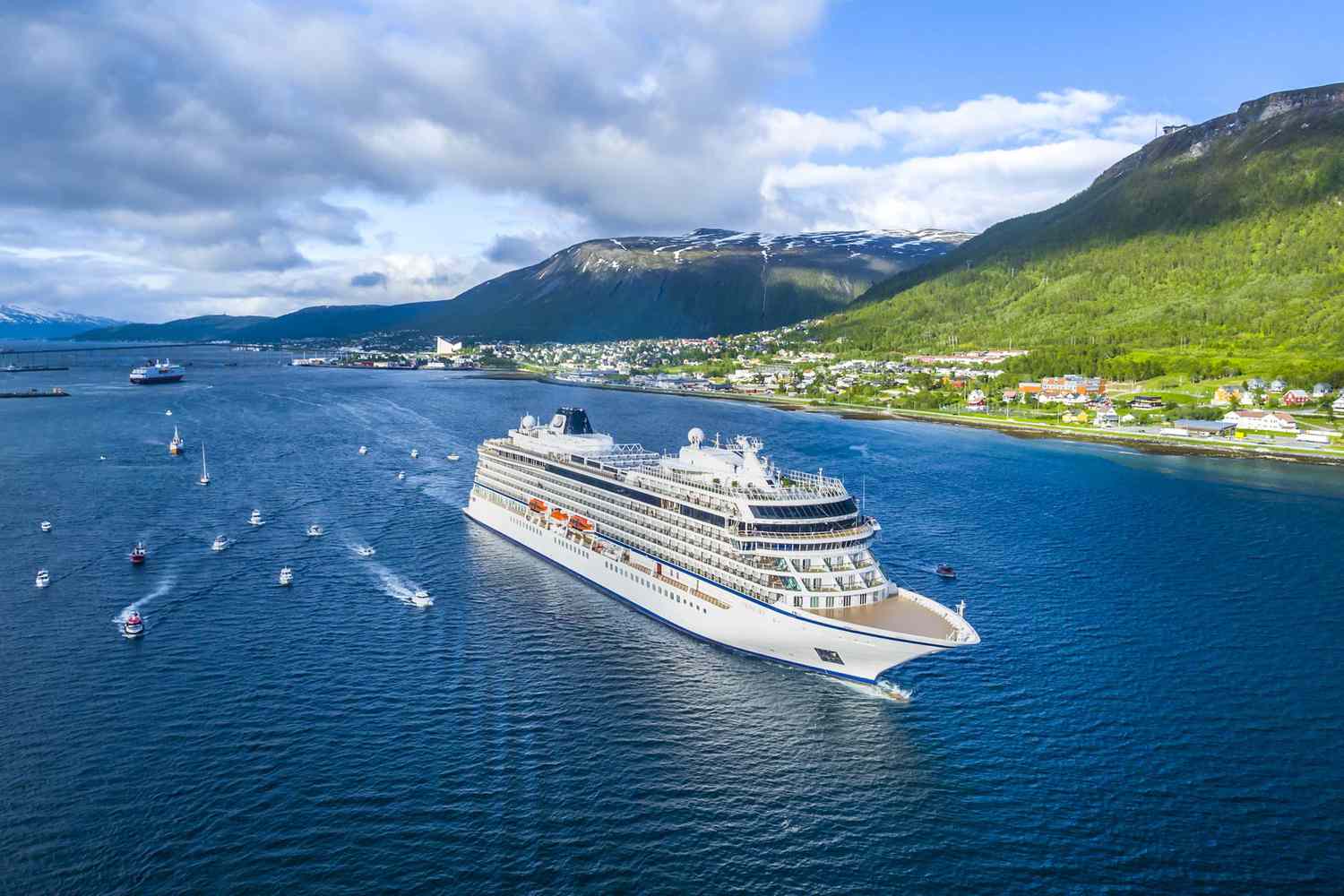
Climate change may be about to come to our aid in encouraging a change in travel seasons. This year’s heatwaves in Greece and other capitals have sent a strong message to the travelling public. Think outside past practices to avoid holiday disasters.
The European Commission has been examining the problem and last year issued a landmark report.
“While we cannot underestimate the economic importance of tourism for destinations, unbalanced tourism growth leads to social and environmental problems, ultimately damaging a destination’s long-term competitiveness,” the report concluded.
The investigation praised destinations that have proactively implemented a wide array of measures to foster off-season tourism and disperse tourists to regions rather than the iconic centres, a move that can contribute to the well-being of local communities.
Six ways to balance your next trip
1. Find regional alternatives: Get off the beaten track and help communities. You’ll get a big welcome.
2. Go off-peak: The weather may be a little more unpredictable but cities, in particular, are great for what’s called shoulder season – spring or autumn.
3. Support a local community: Large tour groups – particularly package tours – often spend little time, and even less money in the places they’re visiting. Make sure your visit helps local businesses by staying longer, sleeping in locally-owned accommodation and choosing smaller restaurants.
4. Buy souvenirs from local artisans and, if you can, buy from them directly.
5. Go local: Exploring with a local guide can reveal a secret side to the place you’re visiting. Try cycle, kayak or hiking tours.
6. Be an eco-friendly traveller – take nothing but pictures, leave nothing but footsteps. Use environmentally responsible cruise lines and tour operators (you’ll find many in our magazine New Wave).

